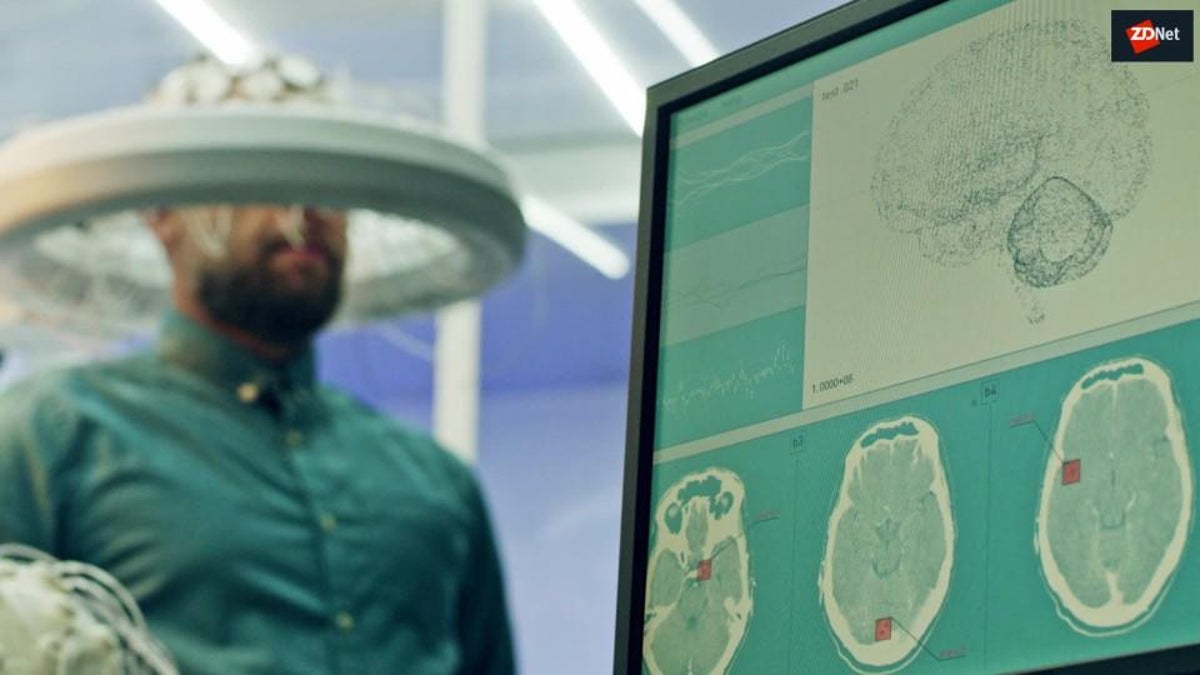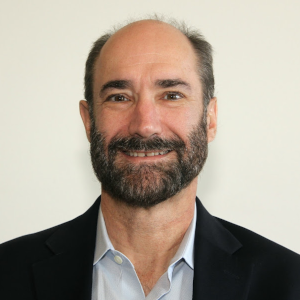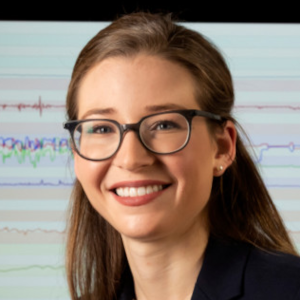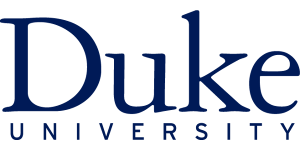Panel
Session Chair Profile
Biography
Dr. Snyder received his Ph.D. training at the California Institute of Technology and carried out postdoctoral training at Stanford University. He is a leader in the field of functional genomics and multiomics, and one of the major participants of the ENCODE project. His laboratory was the first to perform a large-scale functional genomics project in any organism, and has developed many technologies in genomics and proteomics. Seminal findings from the Snyder laboratory include the discovery that much more of the human genome is transcribed and contains regulatory information than was previously appreciated (e.g. lncRNAs and TF binding sites), and a high diversity of transcription factor binding occurs both between and within species. He launched the field of personalized medicine by combining different state-of–the-art “omics” technologies to perform the first longitudinal detailed integrative personal omics profile (iPOP) of a person, and his laboratory pioneered the use of wearables technologies (smart watches and continuous glucose monitoring) for precision health.
Speaker Profile
Biography
Jessilyn Dunn is the Director of the Duke BIG IDEAs Laboratory which is focused on biomedical data science and mobile health for digital biomarker discovery. Dr. Dunn is PI of the CovIdentify study to detect and monitor COVID-19 using mobile health technologies, which is built upon the team’s previous infection detection work through the DARPA Prometheus and Biochronicity programs. Dr. Dunn was an NIH Big Data to Knowledge (BD2K) Postdoctoral Fellow at Stanford, an NSF Graduate Research Fellow at Georgia Tech & Emory, and a visiting scholar at the CDC and the National Cardiovascular Research Institute in Madrid, Spain. Her work has been internationally recognized with media coverage from the NIH Director’s Blog to Wired, Time, and US News and World Report.
Speaker Profile
Biography
At Stanford, the Long laboratory studies the signaling pathways that control mammalian energy metabolism. Dr. Long’s contributions in the areas of metabolism and energy homeostasis have been recognized by numerous awards including the NIDDK DP1 Catalyst Award, the NIH Pathways to Independence Award, and the Ono Pharma Foundation Breakthrough Sciences Award. The long-term goal of this work is to discover new molecules and physiologic pathways that can be translated into therapeutic opportunities for obesity, metabolic disease, and other age-associated chronic diseases.
Speaker Profile
Biography
The Galagan lab is an interdisciplinary lab with expertise in genomics and next-generation sequencing, molecular biology and microbiology, computational biology, and various engineering disciplines. The lab performs research and develops biomedical applications at the interface of engineering, computer science, molecular biology and microbiology. Dr. Galagan pioneered the concept of screening bacteria for molecular sensing proteins and developing these proteins into electronic sensors. He leads an interdisciplinary collaboration among colleagues at Boston University to develop and commercialize a range of applications based on these novel biosensors.














